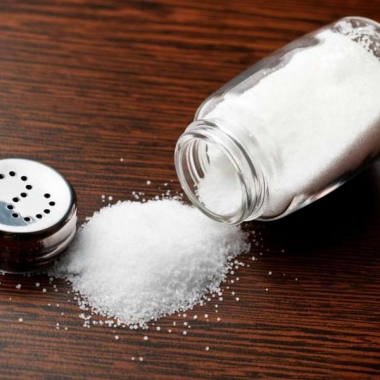New Study
Off
arterial hypertension, cardiovascular disease, conserve, diabetes, Germany, glucocorticoids, health, heart disease, high-salt diet, Jenz Titze, Journal of Clinical Investigation, kidneys, liver, mars, metabolic syndrome, Moscow, muscle, muscle protein, Obesity, osteoporosis, salt exretion, salty food, study, tabolic state, thristy, urea, urine, Vanderbilt University, water, water conservation, water production
High-Salt Diet Lowers Thirst, Raises Hunger When you eat salty food, you get thirsty and drink water. Right? While that may be true in the short-term, within 24 hours increasing salt consumption actually makes you less thirsty because your body starts to conserve and produce Read More


